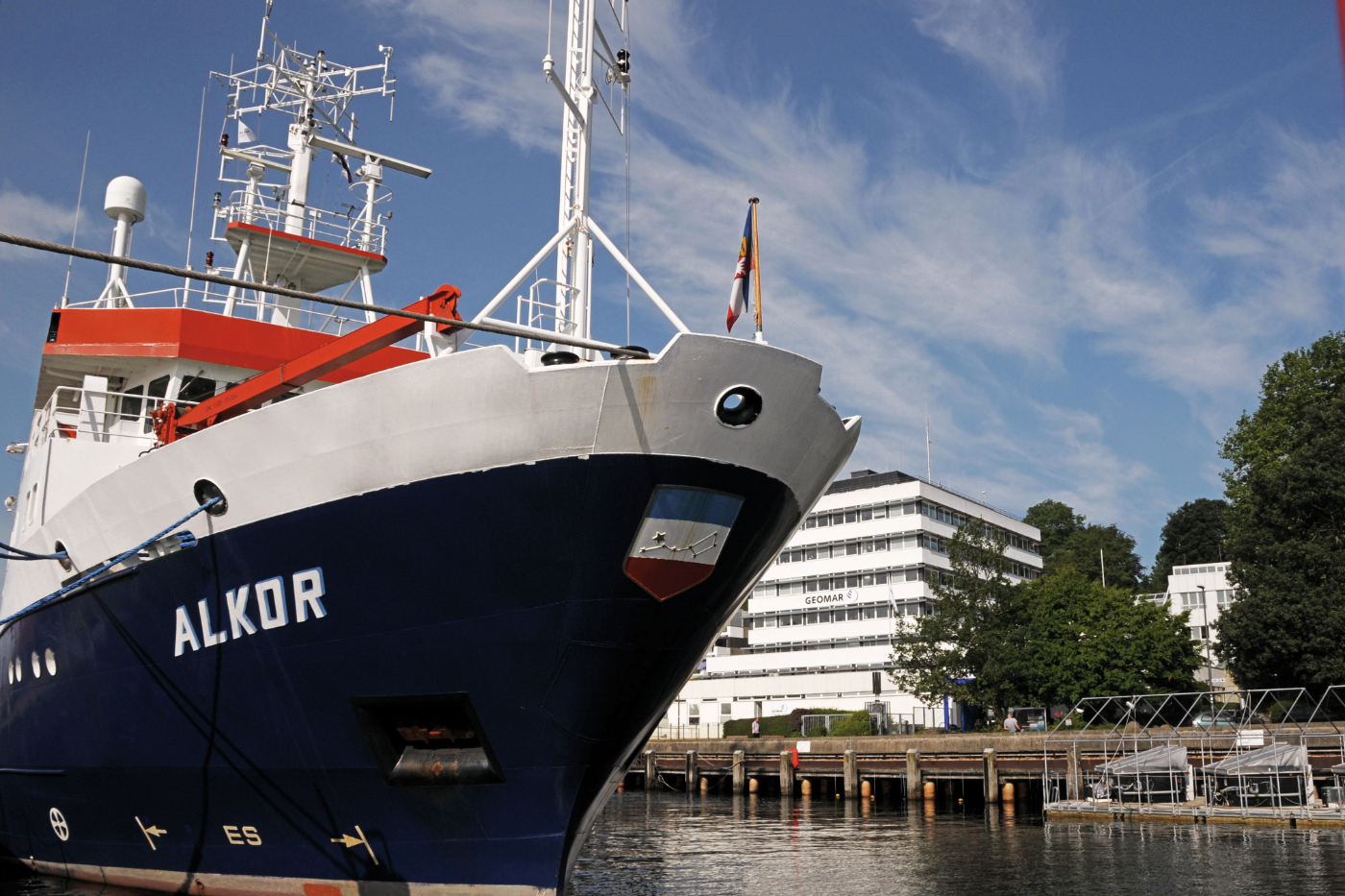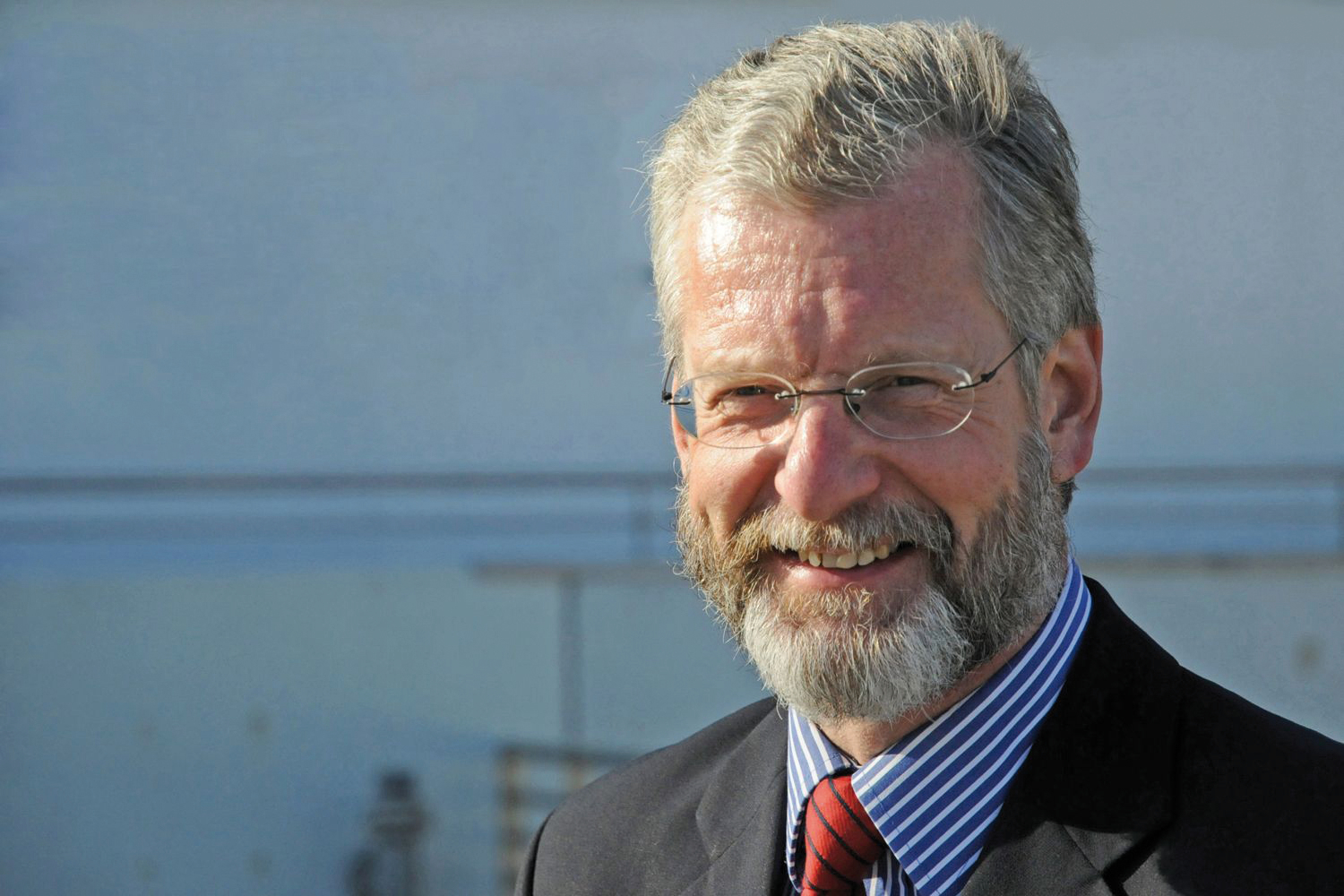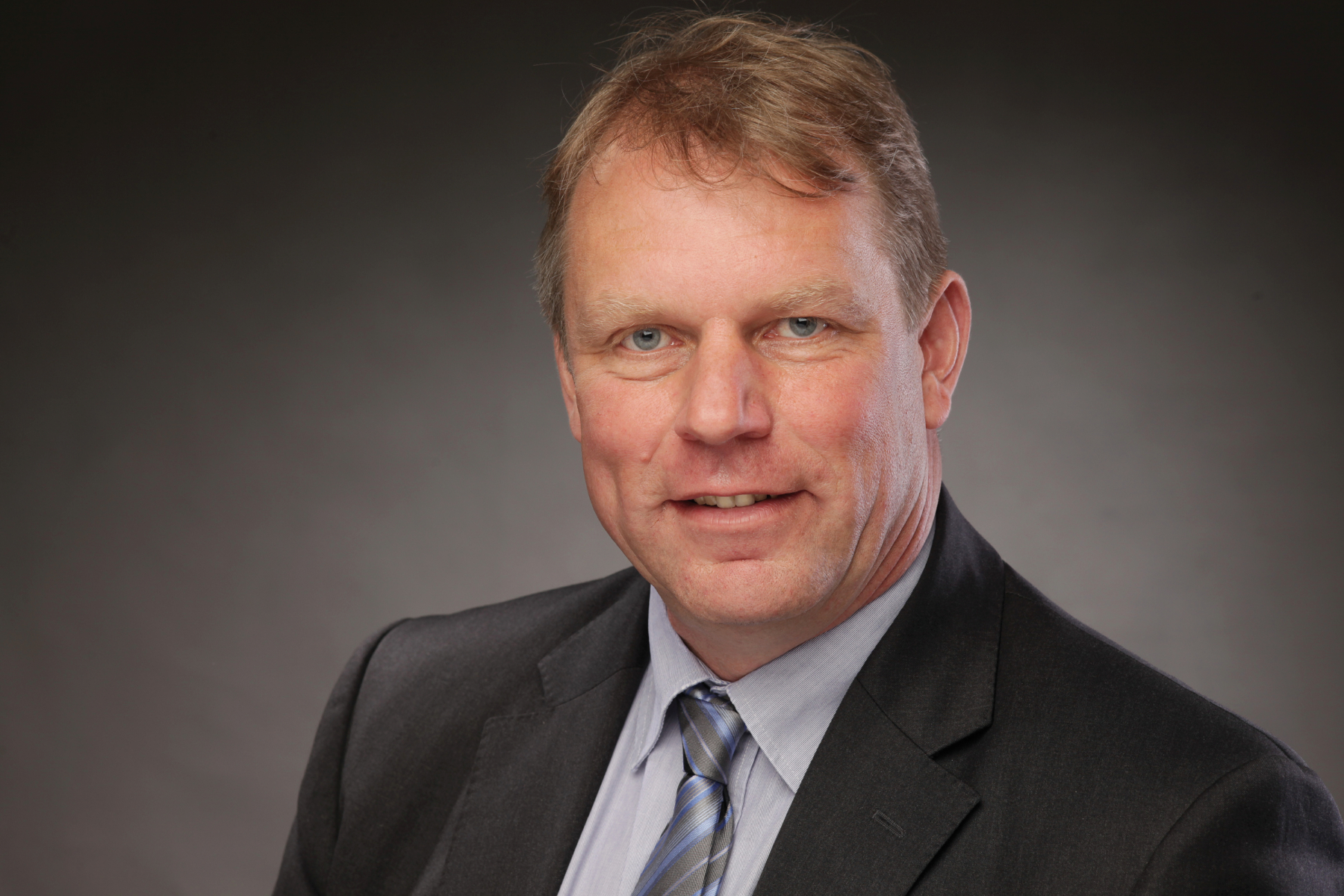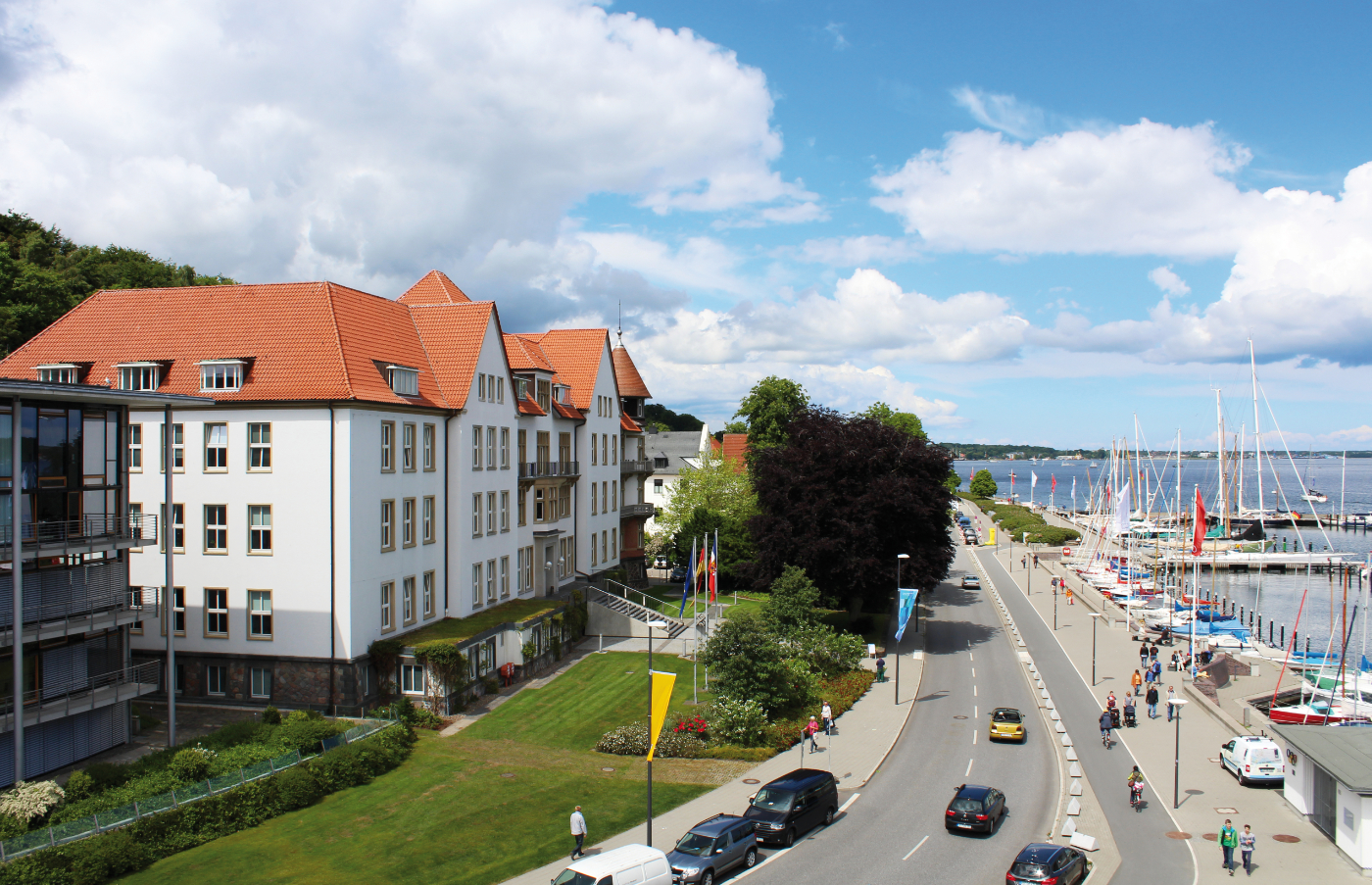Investigating the ocean from a multidisciplinary perspective
Kiel has a long-standing tradition in ocean research – a history dating back to the late 17th century when Samuel Reyher, a mathematician and physicist at Kiel University, conducted the first recorded marine science experiment in Kiel to determine the salinity of the water in the Kiel Fjord. Ever since, there has been a strong focus on marine research and also the education of marine scientists at Kiel University and at marine research institutes in Kiel, including the GEOMAR Helmholtz Centre for Ocean Research Kiel and its predecessor.
The focus of Kiel marine research has for a long time been mainly on the natural sciences. However, during the last decades it has become more and more obvious that the Grand Challenges of marine research need an integrated cross-disciplinary and transdisciplinary approach to address the role of the oceans in climate change, the human impact on marine ecosystems, energy, mineral and biological resources, and plate tectonics and natural hazards. For this reason, GEOMAR is excited to team up with the Future Ocean Cluster and experts from many disciplines at Kiel University and at three local partner institutions ranging from the life sciences to environmental economics, international law, and philosophy, all dedicated to investigating the ocean from a multidisciplinary perspective.
This unique perspective of the Future Ocean has established a new benchmark in cooperation between scientific disciplines, for the first time connecting basic research on the ocean system with ocean prediction and sustainable ocean management and governance. Hence, Future Ocean research ideally complements the GEOMAR competencies and expertise and enables us to work together with our local partners on pressing marine research questions in a holistic manner and in key areas of integrative ocean science. The Cluster also deepened the traditionally strong cooperation between GEOMAR and Kiel University, for example with respect to the development of early career scientists. A unique framework for training, supervision and mentoring of young scientists has been established in Kiel with the institutional support of doctoral and postdoctoral researchers by the Integrated School of Ocean Sciences and the Integrated Marine Postdoc Network within the Future Ocean cluster.
Future Ocean has continuously promoted excellence in research and has also fostered the structural development of its partner institutions. It is a remarkable achievement that under the Cluster umbrella more than ten institutions with members of very diverse professional backgrounds, methodological approaches and expertise have become so strongly connected. Accordingly, the Future Ocean Cluster is well prepared to expand its intergrated research into the next phase. The global ocean will become increasingly important for the future of humankind, while ocean pressures also increase. Thus, Future Ocean must continue its unique interdisciplinary approach and further its goal of innovative, integrative, and solution-oriented ocean research.
Mankind vs humankind – your call
Prof. Dr. Peter M. Herzig
Director
GEOMAR Helmholtz Centre for Ocean Research Kiel
GEOMAR Helmholtz Centre for Ocean Research Kiel

GEOMAR Helmholtz Centre for Ocean Research Kiel is one of the world's leading institutes in the field of marine sciences. The institute investigates the chemical, physical, biological and geological processes of the seafloor, oceans and ocean margins and their interactions with the atmosphere. The institute has four major research divisions: Ocean Circulation and Climate Dynamics, Marine Biogeochemistry, Marine Ecology, and Dynamics of the Ocean Floor. With this broad spectrum GEOMAR is unique in Germany. Additionally, the centre has successfully bridged the gap between basic and applied science in a number of research areas. GEOMAR is a foundation under public law jointly funded by the federal (90%) and state (10%) governments. GEOMAR has a staff of 1,000 (on 31 March 2017) and a yearly budget of around €75 million. www.geomar.de


